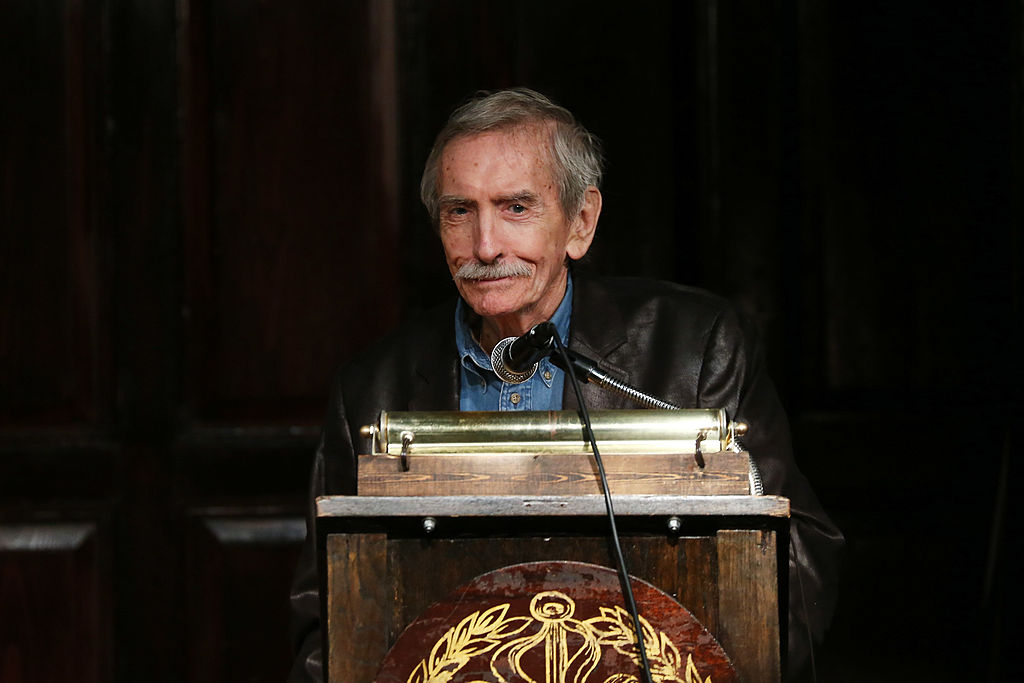
It’s hard to imagine the kind of gravity that words had with a ferociously intelligent man like Edward Albee, who died Sept. 16 at age 88. He chose them and ordered them—meticulously—not only in his great works of drama like The Zoo Story, A Delicate Balance and Who’s Afraid of Virginia Woolf?, but also in lectures and casual conversation.
I first met him in 2008 when he handed me the New York Drama Critics’ Circle award for my play August: Osage County. That was very meaningful to me, to receive it from undoubtedly the greatest playwright of a generation. I was in awe of him.
Mr. Albee (he once asked me to call him Edward, but it never felt right) led the charge for a freer form of expression, changing theater and contemporary American life—the way we speak, the way we tell jokes. He shifted long-held beliefs and attitudes about marriage, love and class. He was determined to make trouble—he considered it an essential part of a playwright’s job. He kicked open a door in a conservative world to challenge people and the status quo. He was not interested in making it easy for people to digest pre-chewed ideas. And he never strayed from his idea of what theater should be. He stuck to his guns.
Mr. Albee was the last of a group of legendary playwrights who essentially defined American drama. There’s not another one of those guys coming through the door. I thank Mr. Albee on behalf of a grateful public.
More Must-Reads from TIME
- Cybersecurity Experts Are Sounding the Alarm on DOGE
- Meet the 2025 Women of the Year
- The Harsh Truth About Disability Inclusion
- Why Do More Young Adults Have Cancer?
- Colman Domingo Leads With Radical Love
- How to Get Better at Doing Things Alone
- Michelle Zauner Stares Down the Darkness
Contact us at letters@time.com